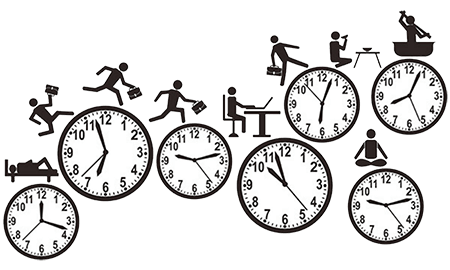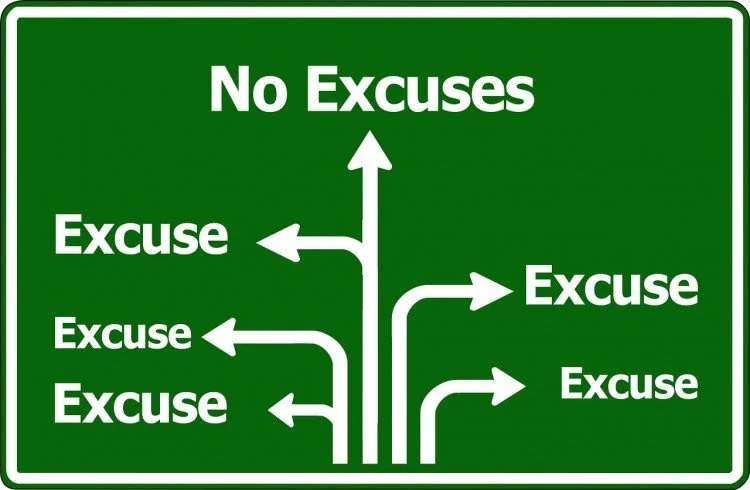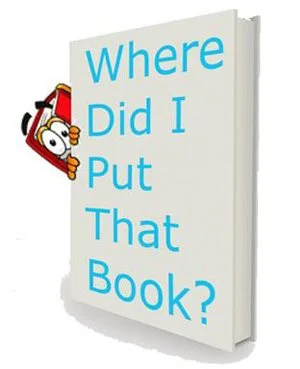Establishing good homework habits in Mathematics
Introduction
Why is Maths homework important for effective learning in Mathematics? It may be up to 4 or more days between lessons. Drop off occurs so that by the time they return to the classroom, there is nothing left in the short term memory and if there has been no practice, then there is nothing in long term memory either. We are effectively starting from scratch. The more practice, the deeper into long term memory the learning goes.
So how do you help your child/adolescent establish good homework habits for Mathematics?
Start small.
The most important thing to start with is routine, not what is done. Different teachers will give different types, frequency and amounts of homework. Different teachers have different routines for checking homework. Some won’t check at all and others will require proof at the start of every lesson. Don’t rely on what the teacher is doing to be the prompt for homework. If there is no communication from your child’s teacher and your child is saying they have no homework, CHECK in with the teacher by email. If the answer is vague, then set your own routine. Use the planner for the term or semester as the basis or work from what you know of your child’s strengths and weaknesses. At the beginning, as I said, it is not as important what they are doing – more that they are doing something and establishing the routines. The earlier you can get this to start, the better.
Use the guide for the amount of time in the blog
However, if your child/adolescent is not in a good routine already, start small. As little as 5 minutes can be effective if it is focussed and targeted.
Establishing the Routine
· Decide on how long – remember, start small – and set a timer.
· Start the timer.
· Have them put the date, then the topic heading (for example “adding fractions”).
· If they are working from a textbook, put the page number, the exercise and the question number. The page below shows effective setting out for Maths exercise books.
· Have them complete the allotted amount of time.
· When the timer goes off, help them pack all the work back into their school bag to return it to school.
What to do if no homework has been set or your child/adolescent says they have no homework
Be prepared.
In the last blog post, I talked about getting in touch with your child’s teacher. He/she should be able to tell you what they are doing in class. Alternatively, most schools have an Intranet site that will tell you the topic that the year group is doing at present. It may even have other information such as programs of work. Teach your child to use the table of contents to find this topic in their textbook. They can then select any question from this chapter that they have already learnt how to do.
The excuses – and what to do about them…
I don’t know how to do it.
Youtube it! There are a lot of Youtubers out there now that explain Maths concepts pretty well.
For primary kids and junior high
MathAntic is usually pretty good. Just explain to your child that there could be some Americanisms and some different processes from what we use here but the content and explanations are good. https://www.youtube.com/user/mathantics
For Years 7-10
WooTube is good. https://www.youtube.com/channel/UCq0EGvLTyy-LLT1oUSO_0FQ
Missen Links – a few videos here with more to come. https://www.youtube.com/channel/UC8u4hqJXJBCntAtC7TJ21_g
For Years 11-12,
Patrick JMT is my preferred YouTuber for this group. https://www.youtube.com/user/patrickJMT
Also, Khan Academy is good but the videos can be slow and repetitive. https://www.youtube.com/user/khanacademy
I don’t know what homework to do.
Here are some topics that will always help. Find these topics in the textbook or see below if they didn’t bring it home:
Primary Students
· Adding and subtracting large numbers
· Any work with fractions
· Multiplication tables
High School students:
· Review algebra: Go to the chapters that cover adding like terms, multiplying like terms, expanding, factorising
· Plotting points and straight lines: Anything that talks about creating tables of values or plotting straight lines is useful.
· Junior High schools students can always benefit from adding and subtracting fractions or working with ratios
I left my Maths books at school
No worries! There are oodles of sites with worksheets and online quizzes. Here are links to a couple.
NRICH – lots of ideas to play around with in here and all the activities are rich with concepts – highly recommended
Kuta Software – here you can make worksheets on any topic
Wrap up
Year 7 is the best time to start getting homework routines going but it is not too late even in Year 12. I am not saying it will be easy but with the guidelines above, at least you have a starting point.
Do you have any questions? Email them to missenlinks@gmail.com
Missen Links Homework club
If all else fails, or if you think it would be helpful, I run a homework club one night a week (will increase if there is demand). Send an email to missenlinks@gmail.com to find out more. Make the subject line “Homework Club Enquiry”.





